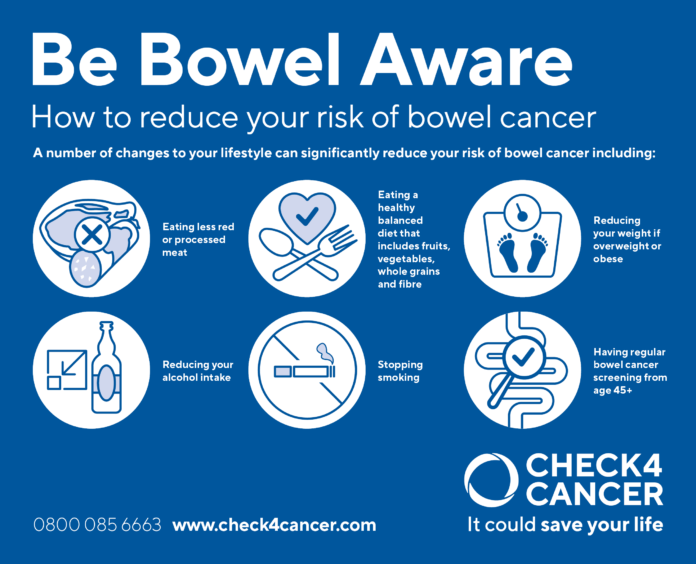
Reducing Your Risk: Identifying Common Risk Factors for Colon Cancer
Colon cancer, also known as colorectal cancer, is a prevalent and potentially life-threatening disease that affects the colon or rectum. It is the third most common cancer diagnosed in both men and women worldwide, and its incidence is increasing rapidly. While genetics plays a role, several common risk factors are within our control, and identifying them can help us take proactive steps to reduce our risk of developing colon cancer.
A sedentary lifestyle is often associated with various health problems, including colon cancer. Lack of physical activity increases the risk of developing this disease. Regular exercise not only helps maintain a healthy weight but also reduces inflammation, improves digestion, and increases blood flow to the colon. By incorporating moderate-intensity exercises such as walking, swimming, or cycling into our daily routine, we can significantly reduce our risk of colon cancer.
Diet plays a crucial role in maintaining overall health, and it is no different when it comes to reducing the risk of colon cancer. Consuming a high-fiber diet rich in fruits, vegetables, whole grains, and legumes is associated with a lower risk of developing this type of cancer. Fiber helps promote regular bowel movements, prevents constipation, and eliminates harmful substances from the body. On the other hand, a diet high in processed meats, red meats, and saturated fats has been linked to an increased risk of colon cancer. By choosing a balanced diet and limiting the consumption of red and processed meats, we can significantly reduce our risk.
Obesity is another risk factor for colon cancer. Excess body weight, especially around the waistline, increases the likelihood of developing this disease. Obesity leads to chronic inflammation, insulin resistance, and changes in hormone levels, which can collectively promote the development of cancer cells. Managing weight through a healthy diet and regular physical activity is crucial in reducing our risk.
Smoking is a well-known risk factor for several cancers, including colon cancer. The harmful chemicals found in tobacco smoke can be absorbed by the body and are thought to increase the growth of cancer cells in the colon and rectum. Quitting smoking is one of the most effective ways to reduce the risk of colon cancer and improve overall health. Various support systems, such as counseling, nicotine replacement therapy, or medication, are available to help individuals quit smoking.
Heavy alcohol consumption is also associated with an increased risk of colon cancer. The liver breaks down alcohol into toxic substances that can damage DNA and promote cancer growth. Moderate alcohol consumption is considered to be safe, but excessive or chronic alcohol intake can significantly increase the risk of developing this disease. Limiting alcohol consumption to a moderate level, or avoiding it altogether, can help reduce the risk of colon cancer.
Certain medical conditions can increase the risk of colon cancer. Inflammatory bowel diseases, such as ulcerative colitis and Crohn’s disease, can contribute to the development of colon cancer over time. People with these conditions should undergo regular screenings and follow a management plan provided by their healthcare provider to reduce their risk. Additionally, individuals with a personal or family history of colon cancer or polyps should consider early screening tests, such as colonoscopies, as a preventive measure.
Age is an uncontrollable risk factor for colon cancer. The disease is most commonly diagnosed in individuals over the age of 50. Regular screenings, such as colonoscopies, become essential after this age to detect any abnormalities or precancerous growths early on. Early detection and treatment significantly improve the chances of successful outcomes.
In conclusion, while some risk factors such as age and genetics are beyond our control, others can be modified to reduce the risk of developing colon cancer. Incorporating regular exercise into our routine, maintaining a healthy diet with plenty of fiber, avoiding tobacco smoke and excessive alcohol consumption, and managing our weight can significantly lower the risk. Additionally, individuals with certain medical conditions or a family history of colon cancer should seek proper medical guidance and screening. By identifying and proactively addressing these common risk factors, we can take charge of our health and minimize the risk of developing colon cancer.












